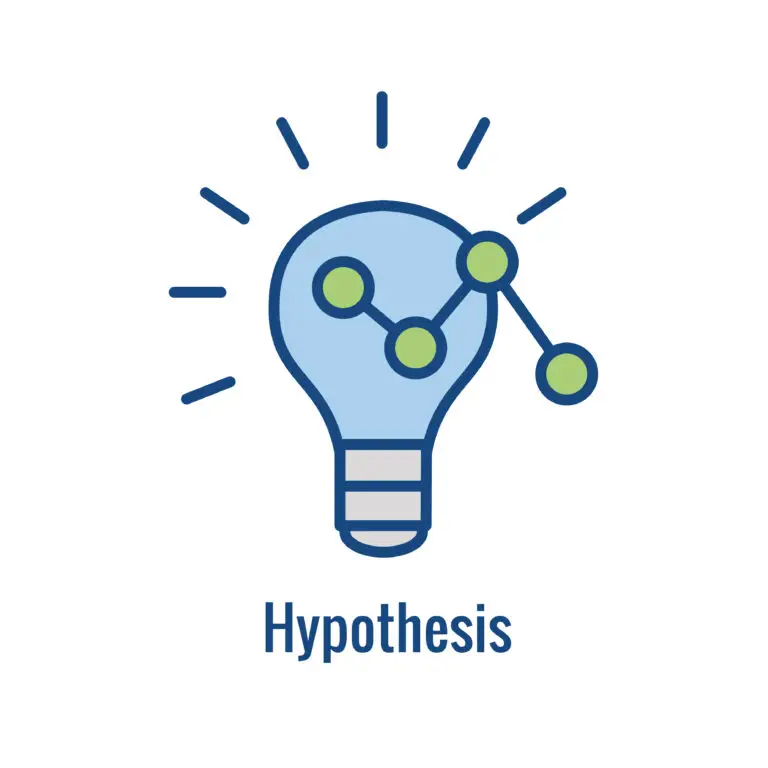Hypothesis

Table of Contents
What is a Hypothesis?
A hypothesis is a proposed explanation for a phenomenon or a scientific question that can be tested through experimentation and observation. A hypothesis is a preliminary, testable statement that suggests a possible relationship between variables or attempts to explain a biological phenomenon. It is a fundamental component of the scientific method used to investigate and understand natural phenomena.
Testing a Hypothesis
Testable Explanation
A hypothesis is a testable statement or prediction that proposes a potential explanation for a biological phenomenon. It must be framed to allow for empirical testing and observation.
Formulation
Hypotheses are formulated based on existing knowledge, observations, literature review, and identifying variables relevant to the question under investigation. They are often framed as if-then statements.
Variables
Hypotheses typically involve at least two variables: an independent variable (the factor being manipulated) and a dependent variable (the factor being measured or observed).
Specific and Clear
A good hypothesis is specific, clear, and focused on addressing a particular question. It should provide a framework for designing experiments or collecting data.
Empirical Testing
The validity of a hypothesis is determined through empirical testing. This involves conducting experiments, making observations, or gathering data to assess whether the predicted outcome aligns with the observed results.
Falsifiability
A hypothesis should be falsifiable, meaning there must be a way to test and potentially reject it. Falsifiability is a key criterion in the scientific method and ensures that hypotheses are subject to scrutiny.
Examples of Hypothesis
Examples of hypothesis in biology include statements like “If increased sunlight exposure leads to higher rates of photosynthesis, then plants exposed to more sunlight will produce more oxygen” or “If a certain gene is mutated, then individuals carrying the mutation will exhibit a specific phenotype.”
Related Links
Alternative Hypothesis
Scientific Method
T-Test
Z-Score